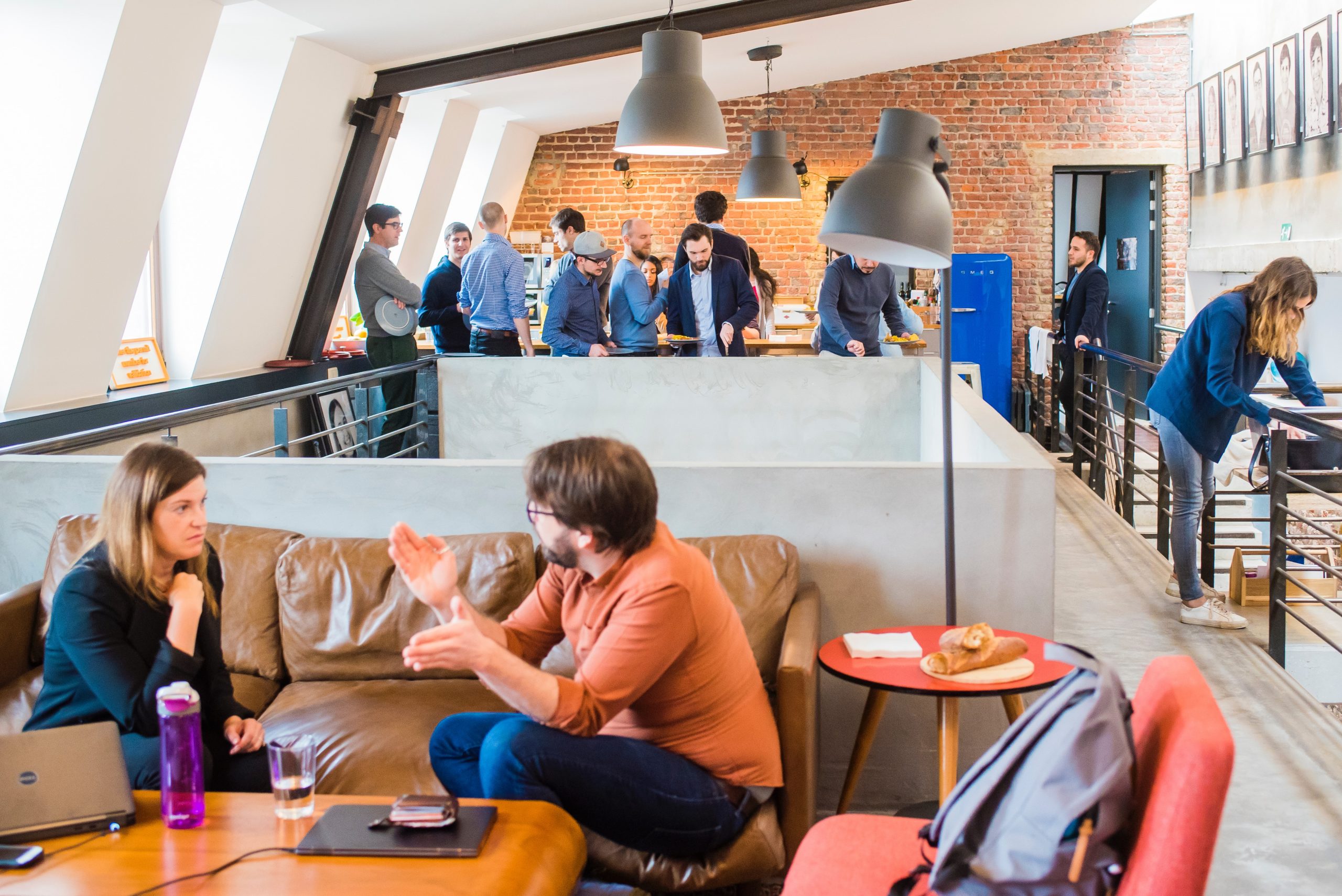The Great Resignation may be waning, but now is not the time for employers to rest on their laurels, as economic uncertainty has led employees to focus their minds on job turnover and financial security.
New findings have revealed that more employees want their next role to be a promotion or lateral move within their current organisation, and over half are actively working towards that by taking on new responsibilities and further training.
Keeping employees informed and engaged
Whilst it is great news that more workers are keen to stay at their current employer and progress into new roles, the cost of living is hitting employees hard and making them value job security highly. Our Talent Insights Report also outlined that the number one reason for wanting to leave an organisation was recent redundancies or headcount reductions.
To help ease this, businesses can put measures in place to help employees feel more secure in their roles. Measures could include increasing communications about the future of the business, outlining clear routes to promotion, and providing training and development opportunities for all employees.
Employee benefits and rewards
High inflation appears to have focused employee minds on money, and it’s not hard to see why, given pay is not keeping pace with inflation for most workers.
It can be hard for smaller organisations to compete with larger companies on pay and benefits, but there is a range of cost-effective measures that SMEs can embrace to reward employees, such as free lunches in the office, discounted health insurance, employee discounts, gift cards, and flexible hours.
Feeling secure in your role and the organisation
Employees have been very focused on seeking greater fulfilment from their roles, but now they’re shifting to a focus on security.
Employee expectations are constantly in flux. There is no winning formula for recruitment and retention that stands the test of time, and businesses need to be adaptable to stay competitive. A great way to check in on your teams is to run an anonymised survey – often the paint points for employees are things employers are not even aware of.
Career development remains one of the best ways to retain talent. Make sure to encourage and support anyone who is keen to take the next step – whether that be into management or just into a better role. If you don’t, they might look elsewhere.
The importance of company culture
What often separates the highest-performing businesses from their competitors is culture. Workplace culture dictates decision-making processes, how employees behave and how your people interact with one another. Signs of poor workplace culture include low employee morale, poor leadership and management, excessive absenteeism and high turnover, and a lack of trust.
To kick bad company culture, be sure to develop a strong plan on how to prevent these behaviours and have the whole workforce follow through. You want to try and create a shared vocabulary that supports change and provides an effective means to monitor shifts in workplace culture. Your employees want to see you’re committed to building a healthy working environment that encompasses respect, trust, support, and integrity.
There’s no one-size-fits-all formula for creating the perfect work culture. Business leaders must look within if they wish to address issues of workplace toxicity. How a company chooses to tackle these challenges can be the difference in whether they retain top talent, attract loyal customers, and maintain a healthy brand image.
*Insight published in Talent Insights Report









